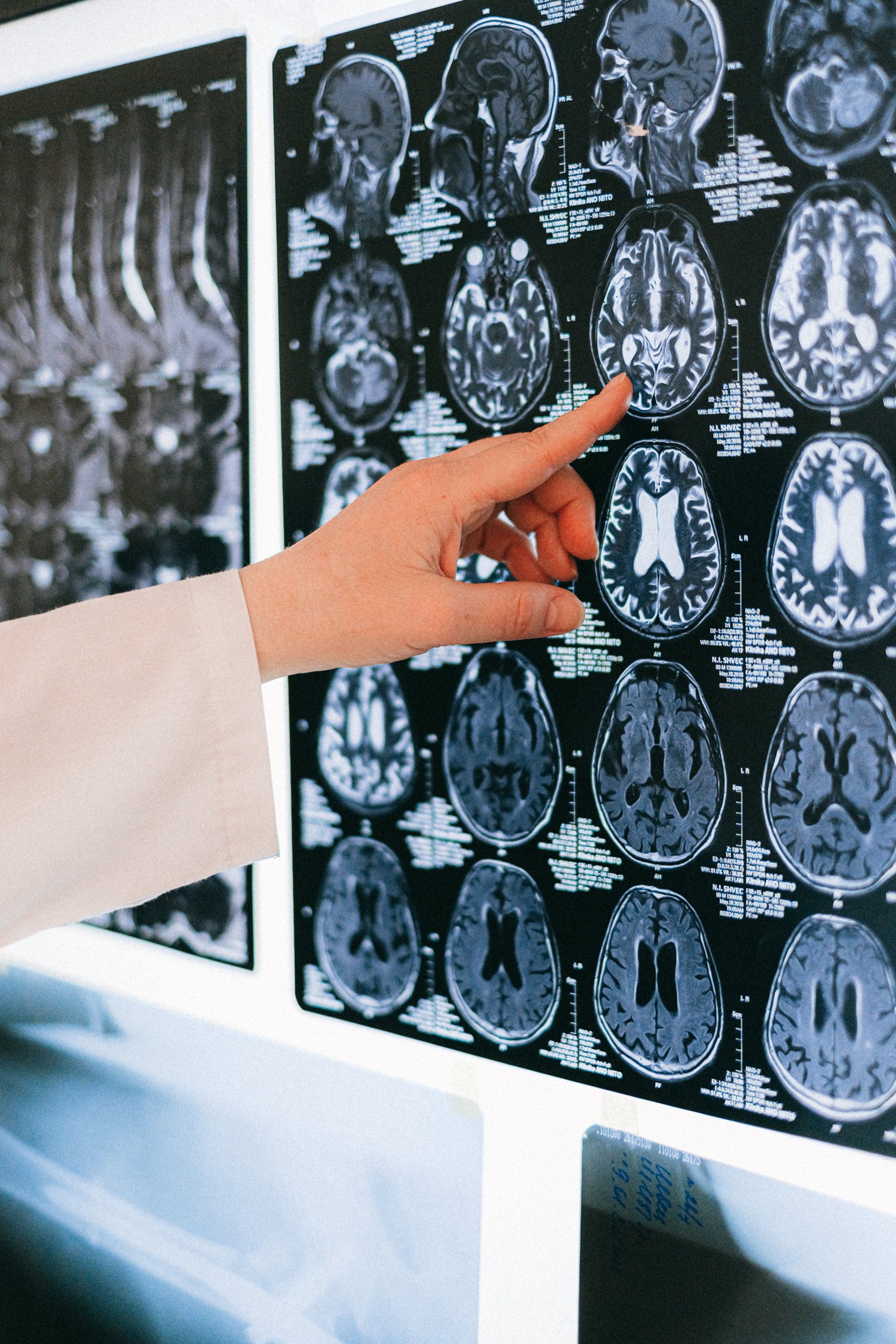What is a placebo?
The literal translation of the Latin word ‘placebo’ means “I shall please”. From the earliest of times the ‘placebo effect’ has been recognised as a powerful aid in healing treatments. Clinical tests demonstrate that a significant number of patients receiving placebo treatments experience beneficial effects when measured against others taking active medicines. A placebo treatment consists of an inert medical pill (often referred to as a “sugar pill”) or a simulated medical procedure. Depending on what clinical trials you inspect the successful placebo effectiveness rate can be up to 60% - a quite staggering figure for an inert substance.
A placebo can be a tablet, a capsule, a cream, an injection, a drink, a mechanical apparatus (the higher-tech the better) or even a sham operation. The essential characteristic is that the treatment is medically ineffectual consisting of no more than inert medication. It has been demonstrated that the effectiveness of a given placebo treatment can be affected by factors such as the colour, size, quantity and the manner in which it is delivered (bed-side manner). For instance, yellow placebos have had demonstratively better results when administered to patients suffering from depression whereas blue placebos have been seen to be the most effective in calming down anxious patients.
In addition, much to the alarm of some in the pharmaceutical industries, the ‘placebo effect’ appears to be getting stronger! Recent double blind clinical tests undertaken using established antidepressant medication have indicated that placebos administered to patients can be equally effective as their active counterparts, especially when tested on mildly depressed patients. This has been interpreted by some to indicate that the ‘placebo effect’ is getting stronger.
The late Prof. Robert Buckman, MD, PhD, FRCP said of placebos
❝Placebos are extraordinary drugs. They seem to have some effect on almost every symptom known to mankind, and work in at least a third of patients and sometimes in up to 60 percent. They have no serious side-effects and cannot be given in overdose. In short, they hold the prize for the most adaptable, protean, effective, safe and cheap drugs in the world’s pharmacopeia.❞

Dr Sean Mackey, explains the 'placebo effect'. Dr Mackey is the chief of Stanford's Pain Management Division and an associate professor at the School of Medicine [4 min 09 sec]
How Your Brain Can Control Pain - Dr Mackey Stanford [1 min 30 sec]




